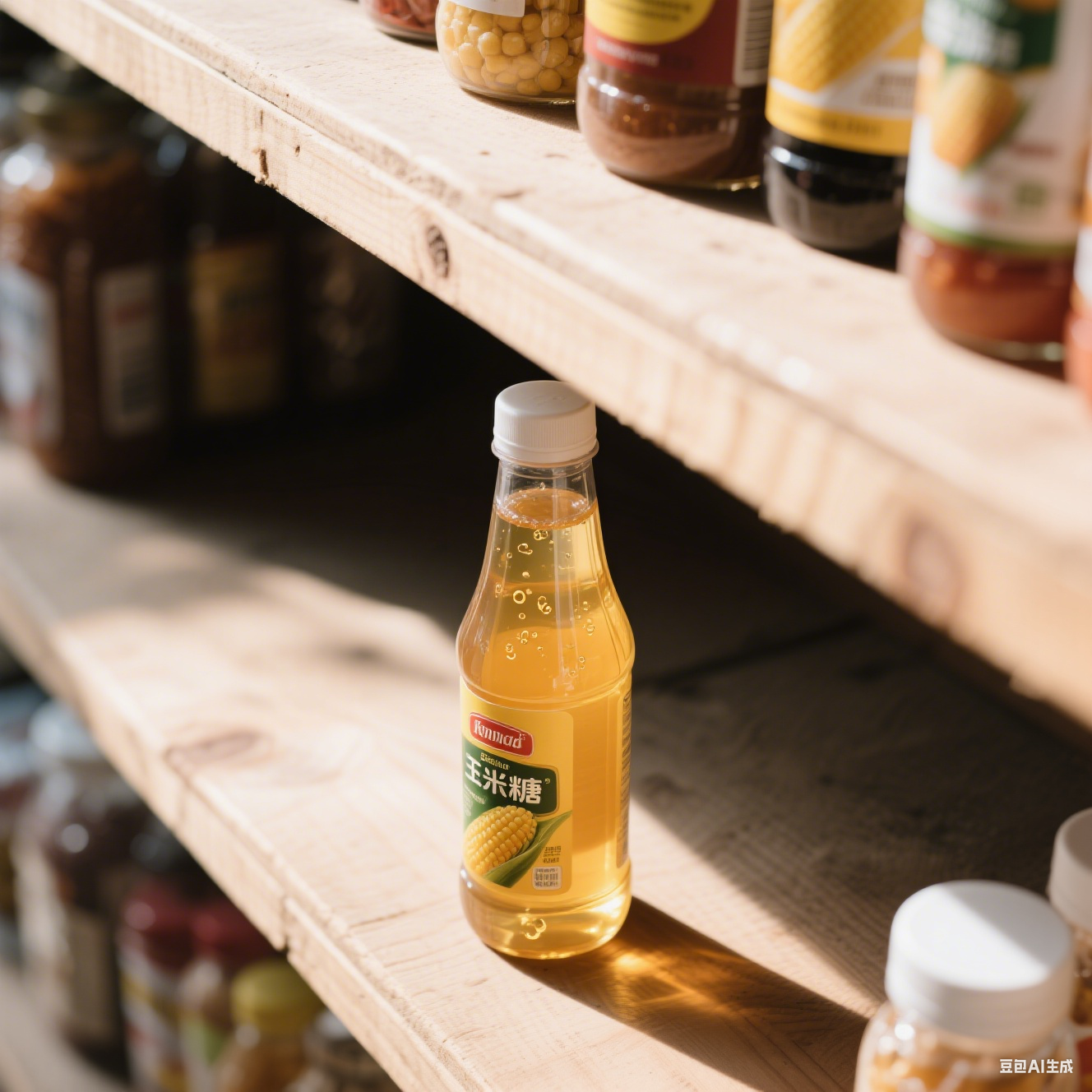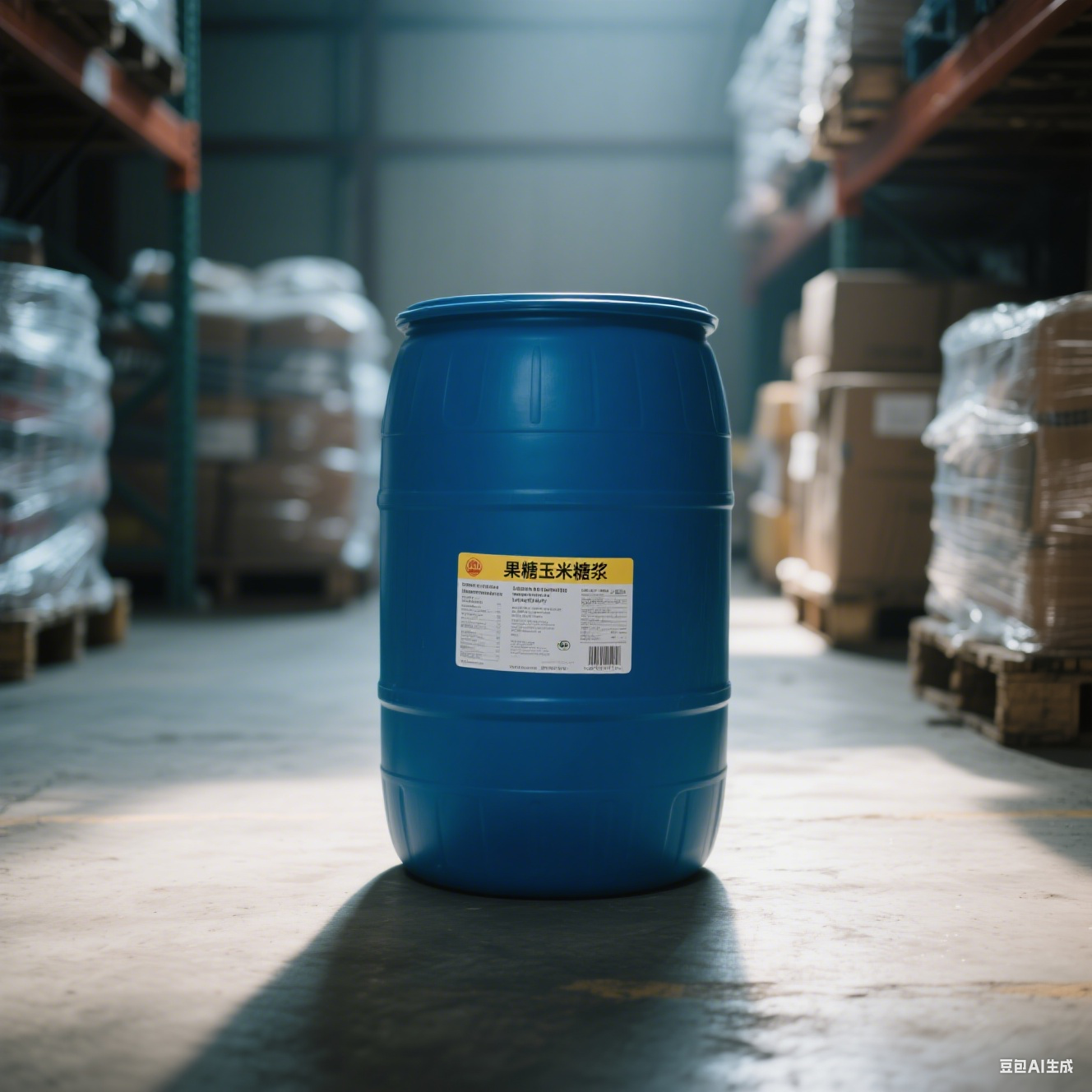high fructose corn syrup manufacturers
High fructose corn syrup (HFCS) manufacturers are industrial facilities that specialize in converting corn starch into a widely used sweetening agent through an advanced enzymatic process. These manufacturers employ cutting-edge technology to break down corn starch into its base glucose components and then convert a portion into fructose, creating a blend that serves as a cost-effective alternative to traditional sugar. The manufacturing process involves multiple stages, including corn wet milling, enzymatic conversion, and purification systems. Modern HFCS manufacturers utilize automated production lines, quality control laboratories, and sophisticated monitoring systems to ensure consistent product quality. They typically offer various HFCS formulations, with common variants containing either 42% or 55% fructose, catering to different industrial applications. These facilities maintain strict adherence to food safety standards and often incorporate sustainable practices in their operations. The manufacturers serve diverse industries, including beverage production, baked goods, processed foods, and dairy products, providing them with reliable sweetening solutions that offer both functional and economic benefits.


